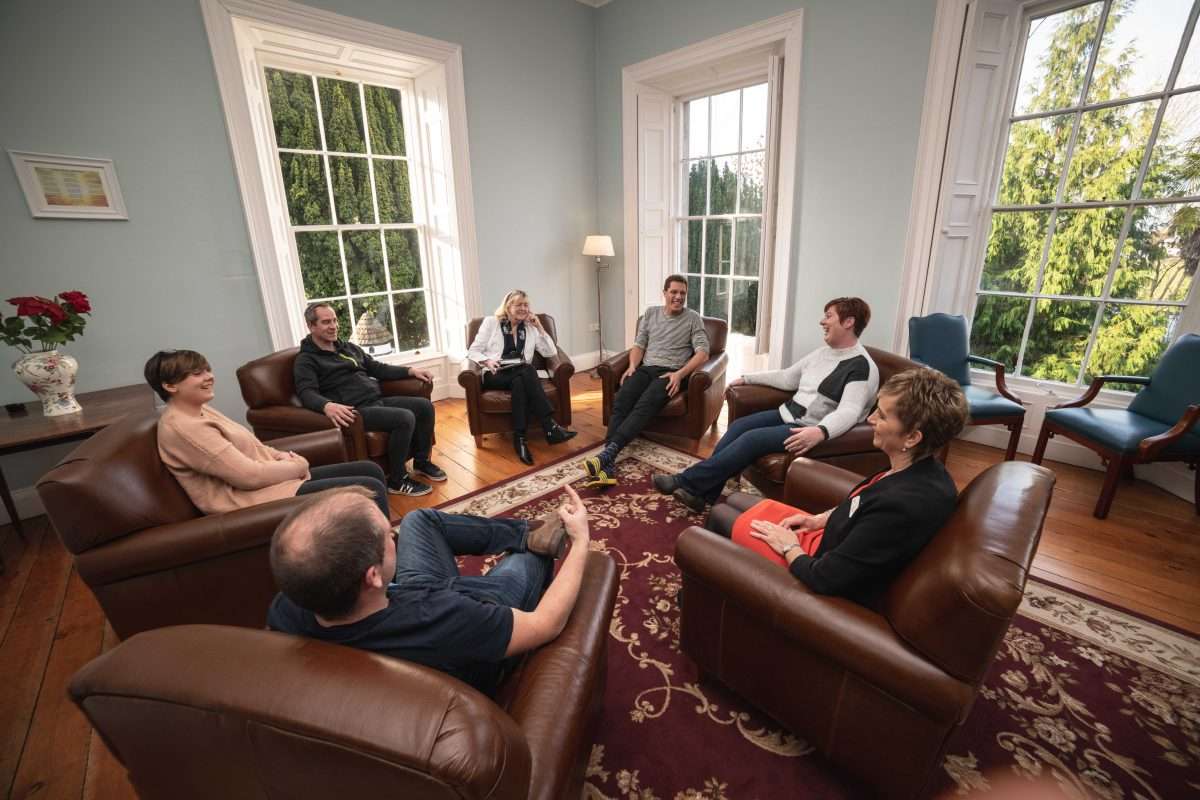
Rediscover Who You Are
Our life experiences form a set of beliefs and expectations about ourselves and the world around us which can influence our behaviour. This is an involuntary process and these beliefs can distort how we perceive ourselves and other people, leading to problems with mental health including addiction.
Obstacles to addiction recovery, such as our negative beliefs, are targeted through a range of therapies at Smarmore Castle. As cognitive behavioural therapy has been shown to be particularly effective at changing the problematic thoughts, feelings, and beliefs that lead to addiction, it is one of the main therapies we offer, whether in a group format or on an individual basis.
What is Cognitive Behavioural Therapy?
Negative thoughts, attitudes and behaviours can block recovery, and CBT can help break through these barriers since talking therapy allows patients to move on from their past and work positively towards a future characterised by abstinence. CBT therapy involves the following topics:CBT is a personalised ‘talking therapy’ that changes negative thoughts, attitudes and behaviours that block recovery.
Cognitive behavioural therapy (CBT) is the predominant school of modern evidence-based psychological therapy. CBT is the name for a group of talking therapies with differing aims. Some types of CBT help you to change old behaviours, others teach you to react differently to your thoughts, rather than changing the thoughts themselves. Some popular cognitive and behavioural-based therapies include cognitive therapy, behaviour therapy, motivational interviewing, mindfulness, compassionate mind therapy, and acceptance and commitment therapy.
CBT helps people of any age, including children, and the overarching aim of CBT is to learn helpful ways of thinking and approaching situations in everyday life. The basis of this approach is that if we can change how we think and the actions we take, we can help ourselves to feel better.
Unlike some other talking therapies, CBT focuses on challenges being experienced in the here and now, rather than on our past which other types of psychotherapy approach. CBT aims to help us spot links between our thoughts, actions and feelings and gives us the support to change them.

CBT has been shown to help mental disorders, behavioural health concerns, and life stressors such as:
- depression
- anxiety and panic
- phobias
- agoraphobia
- social anxiety
- health anxiety
- eating disorders
- obsessive compulsive disorder (OCD)
- post-traumatic stress disorder (PTSD)
- bipolar disorder
- psychosis
- insomnia
- general stress
- anger
- low self-esteem
- chronic pain
- fatigue
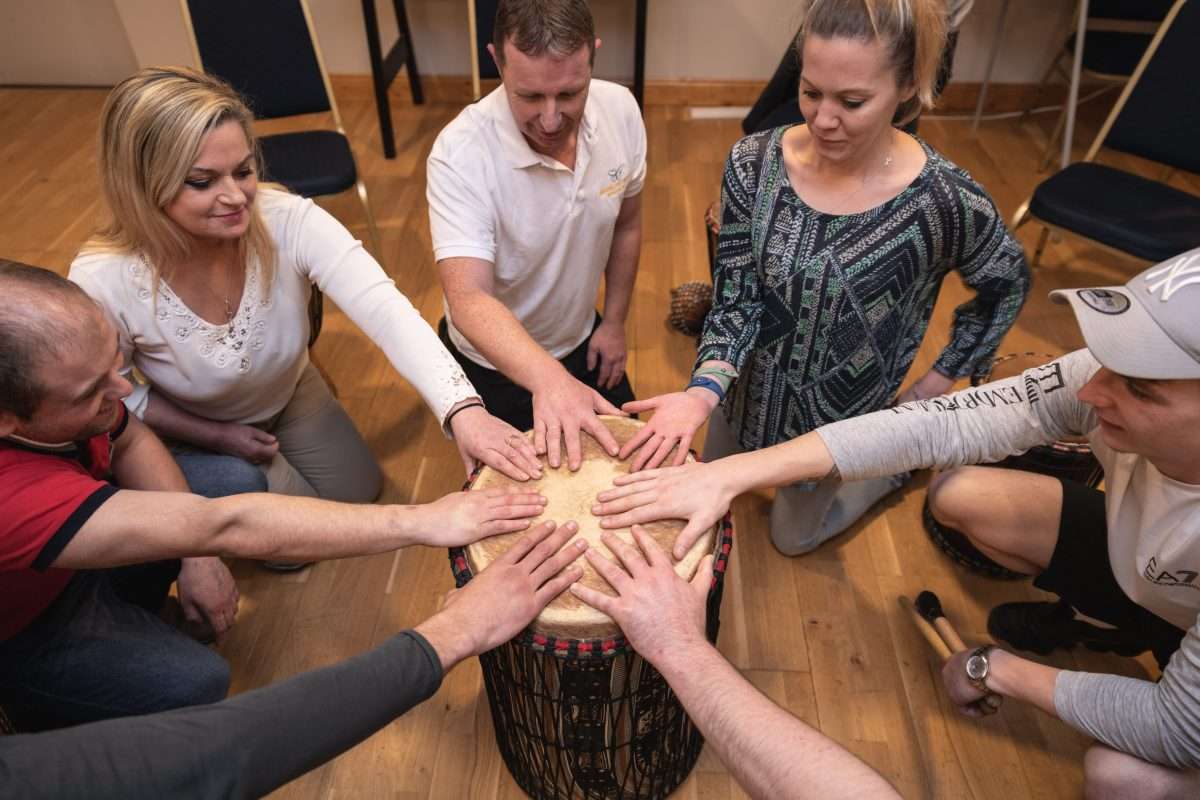
Working Together For Your Recovery
How Does Cognitive Behavioural Therapy (CBT) Work?
CBT can help us to make sense of overwhelming problems by breaking them down into smaller parts. CBT helps you to understand the ways your thoughts, feelings and actions work together in response to an overwhelming problem. When you are feeling sad or distressed, you might be more likely to interpret things in extreme and unhelpful ways.
CBT can help you learn to:
- halt unhelpful thinking habits such as jumping to conclusions
- stop taking unhelpful action
- adopt helpful thinking habits
- take helpful actions
A Structured, Short-Term Approach
CBT is a structured, short-term approach to therapy. It is a personalised, flexible therapy that can be adapted to a wide range of people and a variety of settings including group or individual therapy
At the Start of Treatment
While CBT doesn’t focus on the past, in initial sessions with a CBT therapist, they may feel the need to ask some questions about your background as it can help you both understand how your history might be impacting you now.
During a CBT Session and Treatment
In a CBT session, you will set an agenda and goals with your therapist. You may start by looking at a triggering situation and the subsequent unhelpful thoughts, emotions, feelings, and actions that have occurred. Your therapist will ask questions, explore reactions, and introduce coping skills, helping you to reframe a triggering situation and respond differently.
As part of treatment, you may be asked to complete some written assignments such as filling out questionnaires, thought records, activity scheduling, or keeping a diary.
At the End of Treatment
At the end of a course of CBT, you will create a plan to support you moving forward. This plan may include the skills you have learned, and how you can use them to deal with difficulties that may arise in the future.

Download our Brochure
What Are Unhealthy or Negative Thoughts?
Negative or unhealthy thoughts can be experienced by everyone, however, some of us may experience continuous negative thoughts despite what may be happening around us. Psychologists have shown that we have a tendency toward recognising negative thoughts which is known as ‘negativity bias’, meaning we recognise and respond to negative events more easily than positive events.
Unhelpful or negative thought patterns include:
- rumination — focused attention on the symptoms of our distress and its possible causes and consequences, as opposed to possible solutions
- jumping to conclusions — jumping conclusion bias is a communication obstacle where we judge or decide something about a person or situation without having all the facts, reaching unhelpful conclusions
- evidence gathering — looking for evidence in a situation to back up any negative beliefs we have about ourselves
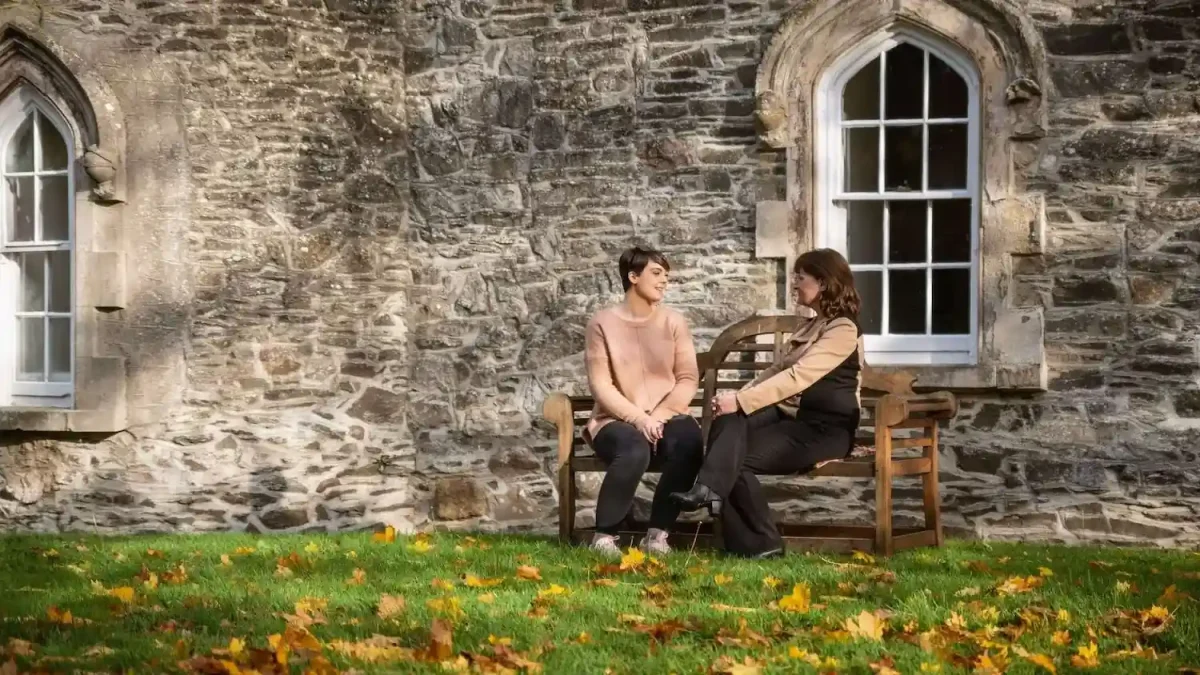
How CBT Can Help Treat Drug, Alcohol or Behavioural Addictions
Several forms of therapy have been widely used to help individuals struggling with addiction, however, cognitive-behavioural therapy is the main method of psychotherapy generally accepted in the field of substance addiction.
CBT in its many forms helps those struggling with addiction overcome the challenges that perpetuate harmful drug/alcohol use and equip them with the skills needed to achieve recovery and prevent relapse. Various skills may be emphasised in CBT depending on your needs, but there is an increasing focus on mindfulness for addiction.
Acceptance and commitment therapy (ACT) has also been shown to be effective as a treatment for addiction. If you are misusing substances, ACT can help you to change the relationship you have with the substance to which you are addicted.
Motivational interviewing aims to inspire change and prevent self-destructive behaviours such as misusing substances. Therapists using motivational interviewing may engage you in discussion to evoke motivation and confidence in your ability to change, stay clean and/or sober, and how to implement desired changes.
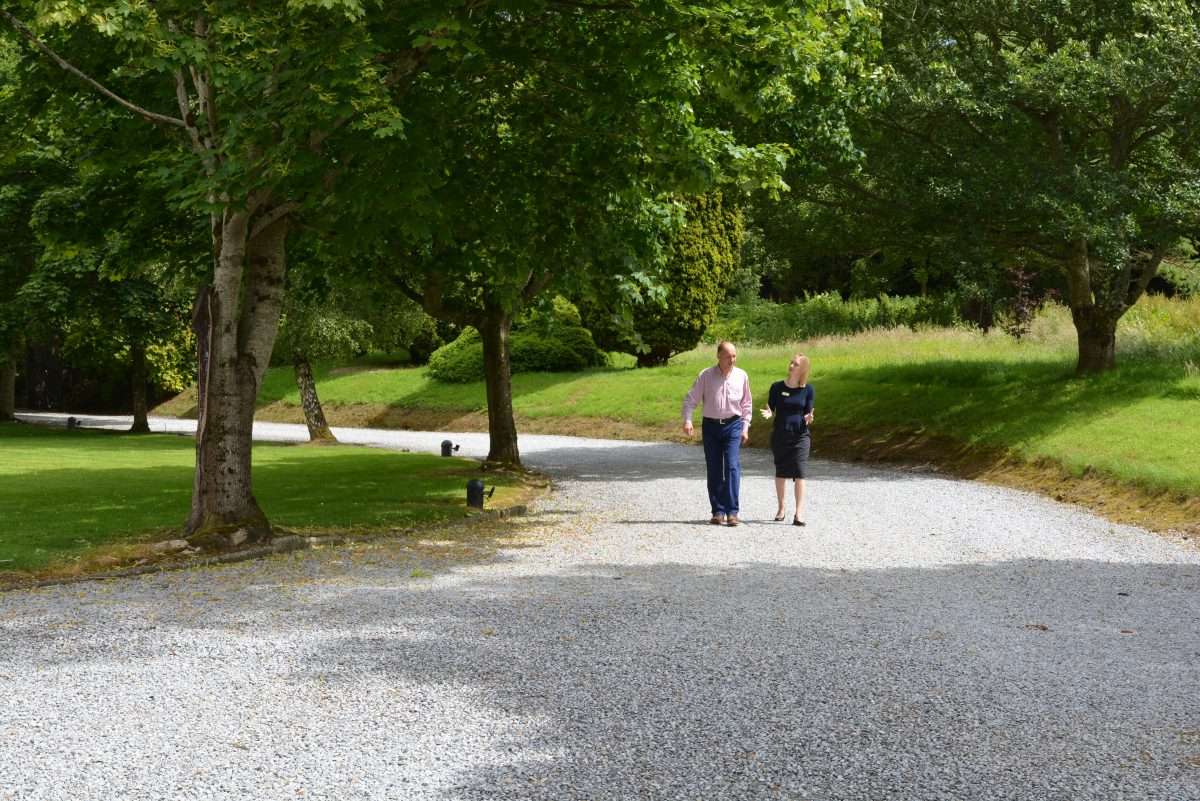
Get Help and Advice for Your Addiction Today
How Is CBT Used in Addiction Treatment?
CBT is a commonly adopted therapeutic process in the addiction treatment community. CBT is based on the idea that addictions, whether substance or behavioural, and other mental health concerns can develop or be compounded by a series of unhealthy or negative thought patterns. These negative thought processes (that can develop into beliefs), which may have become ingrained for a number of reasons, are characteristic of substance misuse, behavioural addictions and other mental health concerns. If unchallenged, these unhealthy thought patterns can have an impact on efforts in recovery to make healthier choices and could lead to relapse.
CBT, as part of an addiction treatment programme, will address any negative thought patterns that you may be struggling with. This approach can help you to change the way that you respond to triggers, prevent relapse, and start to live a healthy, fulfilling life free from addiction.
If you are currently struggling with drug or alcohol misuse, it is best to stop substance use before starting CBT or any other type of therapy. You may need medical support to do this in the form of detox which we would be happy to discuss with you.
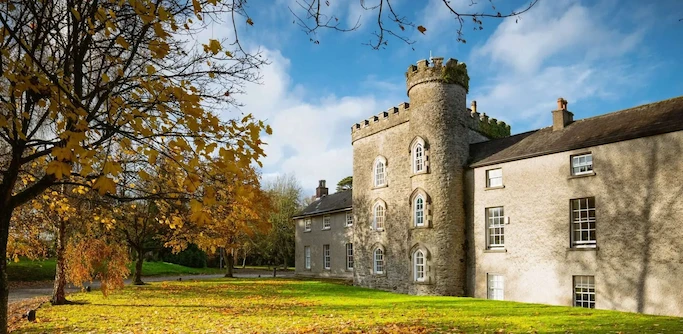
Contact Us Today
CBT in Addiction Treatment at Smarmore Castle
Smarmore Castle offers world-renowned treatment for people with addictions and CBT is a key part of our addiction programme. CBT for addiction can be difficult but seeking treatment at Smarmore Castle means you will have continuous support and be around other people who understand your condition and the therapeutic process you are embarking on.
Smarmore Castle is a safe, and confidential space, where our experienced team of therapists are here to guide you through our evidence-based treatment programme. To find out more about Smarmore Castle’s CBT for addiction, call our admission team today.
The role of the victim is strongly discouraged in CBT and patients are helped to develop a more robust and responsible outlook. The dismantling of denial, the development of self-awareness and positive insight into the disease of addiction bring about major changes in patients’ attitudes.
What Happens in a CBT Session?
- Firstly both patient and therapist set an agenda with goals for each session.
- The therapist questions the patient on various topics, introduces coping skills and explores the patient’s reactions.
- Patients receive homework so that they can review topics to discuss in the following session.
Get in Touch Today
To find out how we can help you, please telephone Smarmore Castle on our Helpline: 041 986 5080 or click here to arrange a free addiction assessment. You’re almost there.
Free & Confidential Addiction Assessment
Taking the first step in seeking help can be very difficult, our team is here to help you.
CBT FAQs
Can CBT Be Used for Addiction?
According to the National Institute on Mental Health, CBT can effectively treat a variety of mental health disorders, including addiction. As such, CBT is a popular form of therapy used in addiction treatment programmes. The National Institute on Drug Abuse states that CBT was initially developed to prevent relapse in individuals who were in recovery from alcohol misuse and now it is used to treat many different mental health disorders.
How Does the Cognitive Approach Relate to Addiction?
Negative thoughts that lead to negative feelings are a key characteristic of addiction. Someone who frequently has negative feelings and finds themselves unable to cope with these feelings is at greater risk of becoming dependent on addictive substances to feel better. To recover from addiction, it’s important to become aware of these beliefs so they can be changed or corrected. Cognitive approaches to therapy teach those struggling with addiction that they can cause their own upset via these negative thoughts and beliefs, then empowers them to make cognitive and behavioural-based changes. When negative feelings subside, so does the reliance on addictive processes for relief.
What Is the Most Effective Way to Treat Addiction?
The most effective treatment for addiction has been shown to be a 360-degree approach where all facets of someone’s health and wellbeing are treated. Addiction treatment usually includes detox (if required), individual therapy, group therapy, family therapy, complementary therapies, 12-step groups, trauma resolution, a healthy diet, and regular exercise.
What Are the Five Components of Cognitive Behavioural Therapy?
In cognitive behavioural therapy, the five components are situations, thoughts, emotions, physical feelings, and actions. Cognitive behavioural therapy is based on the idea that these five components are interconnected and affect each other. As an example, your thoughts about a situation can affect emotions and physical feelings, and then the actions you might take in response.